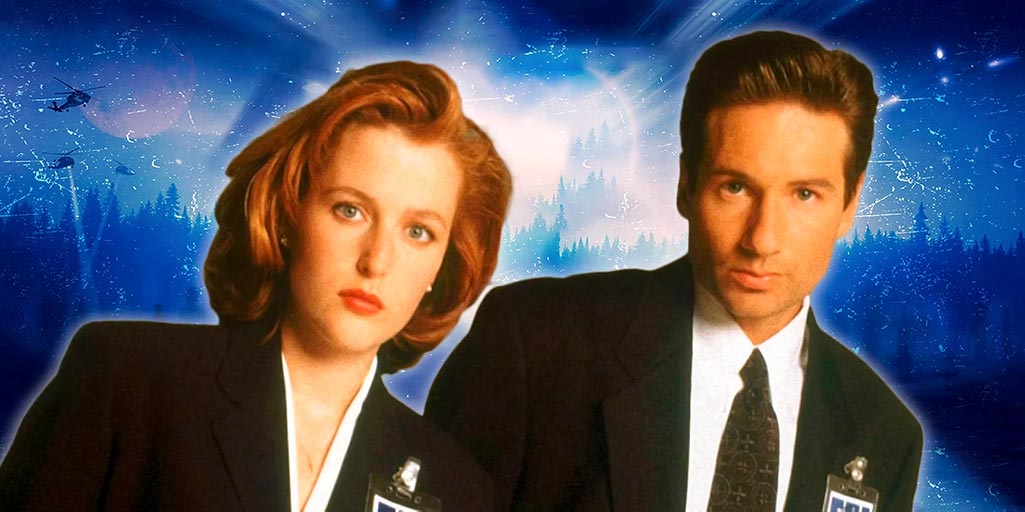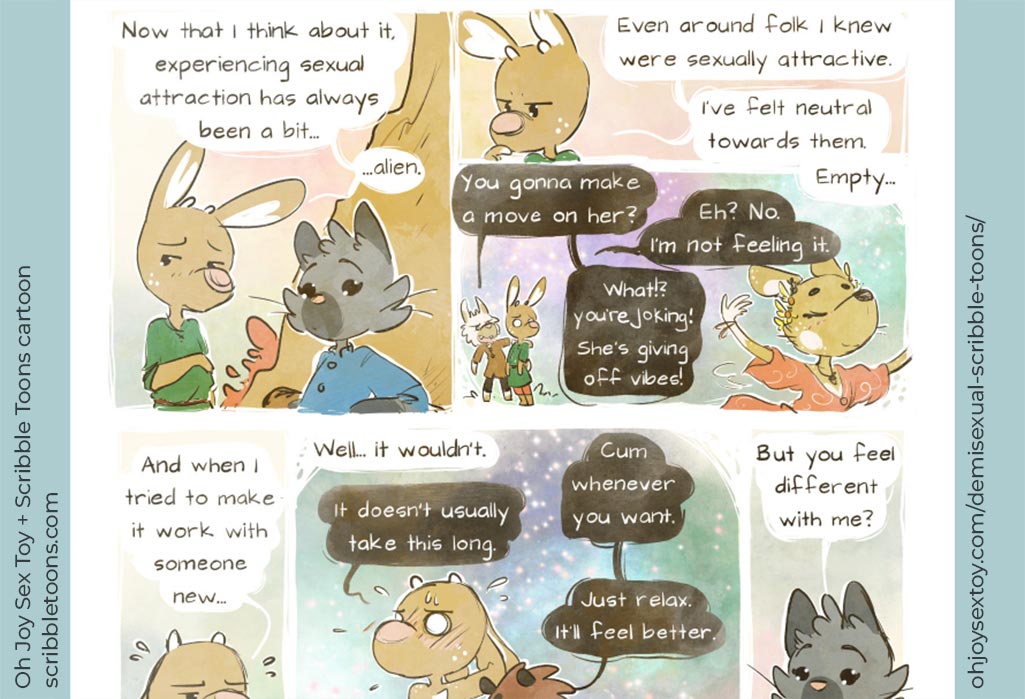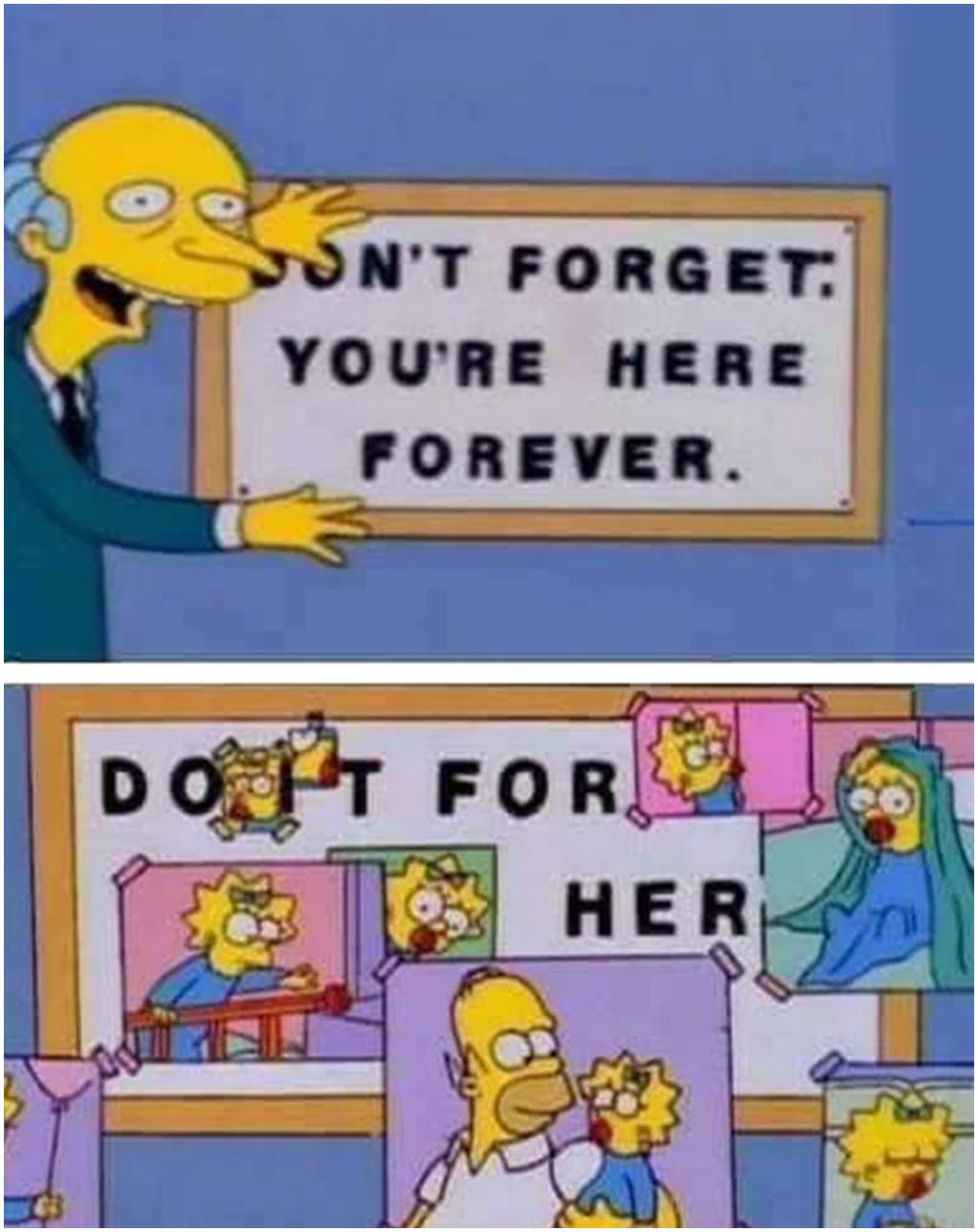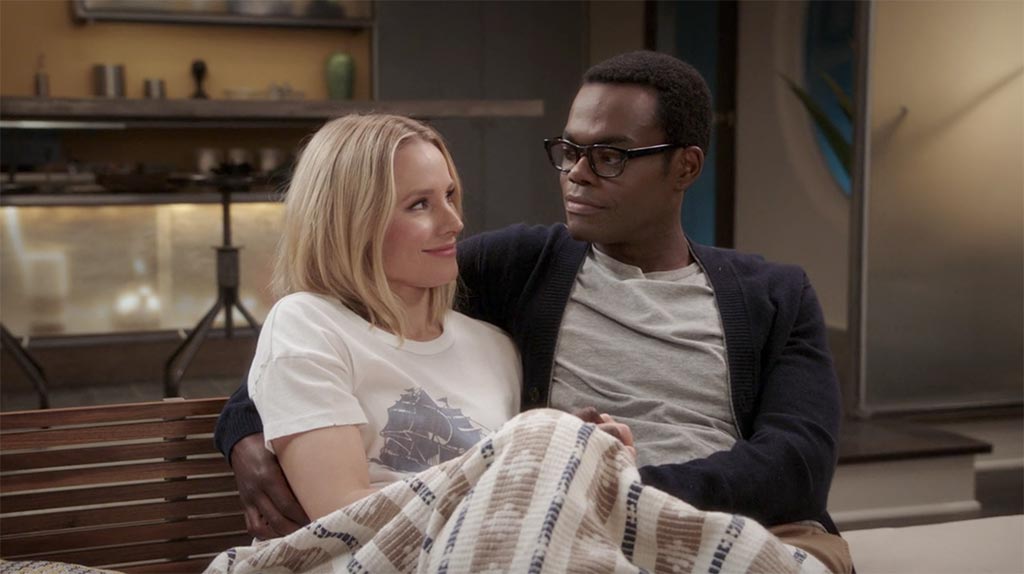
Is this a date?
I’ve been in a polyamorous relationship for a little over 2 and a half years, but I’ve only gone on a few dates with anyone other than my anchor partner.
I meet new people on dating apps or through events or friends and sometimes we meet up. Is it a date? I don’t always know until after. The ambiguity might frustrate some folks. Not knowing where I stand with someone is rough on me too, but I’ve grown to find myself a bit more comfortable in this particular kind of ambiguity.
A “Date?”
To some degree, I do know where I stand. I know the person I’m meeting thinks I’m attractive, at least in my photos. Our chats beforehand probably revealed a decent banter between us, so we know there’s remote social chemistry. From here, I know there’s potential for friendship or a romantic connection. Either of which would be great!
I hope I can keep making new friends my whole life, and I like to think my friendships can include romance at any point if it feels right.
Pressure
When I went on first dates as a cis man (prior to 2021), I felt pressure to do things that don’t come naturally to me. Paying the whole bill is of course one of them, but this actually turned into a great sorting feature well worth the savings on dates 2+.
The expectation I felt most of the time was to make the first move. Women have rejected me for second dates solely (so they said) because I didn’t go for a kiss on date one. These women never went for it themselves, but it was expected because I was the man.
Demisexuality
But I develop physical feelings comparatively slowly most of the time. Each time I did initiate a kiss on date one it was either an especially great date or because I wanted a second one and put it on credit because I felt the person had potential. In those latter cases I often went for it because of the pressure I felt, rather than a spontaneous drive to do so.

https://www.ohjoysextoy.com/demisexual-scribble-toons/
This isn’t to say those people weren’t amazing! I just needed a little more time to feel it, and I didn’t want to fumble my chance by leaving them with the false impression I wasn’t into them from an involuntary social cue.
Complexity
In established relationships, sometimes feeling less connected to someone can make me not want to be as physically intimate with them. Some of my past partners have internalized this as a lack of physical attraction or novelty, but I don’t get bored or lose interest when someone gets older or gains/loses a few pounds.
In fact, I tend to become more attracted to people as I witness them change. It never seems to be accepted as complimentary or reassuring when I voice it, sadly.
Couples therapy has reignited more sparks for me than any sexy lingerie or spicy role playing. Trust, presence, and removal of distractions all allow me to fully relax and enjoy intimacy to its fullest.
The cultural normalization of allosexual desire and a lack of awareness about other ways like asexuality, demisexuality, and other ways people feel sexual desire confused me. When attempting to discuss it — “I need to really like someone to want to have sex” — I was often told “everyone feels that way”, which was even more confusing because it’s clearly not the case. Is everyone pretending to have crushes on strangers and have relationships with incompatible partners just for the sex? That’s a hell of a conspiracy.
Even so, I grew up believing this is just how normal people date. So I masked like usual and went through the motions as best as I could to find and keep romantic relationships I enjoyed. And even when it was working, doing that all the time wasn’t great.
Damage
I regret every one-night stand I’ve ever had. It’s never once been my goal, plan, or hope to have sex with someone so soon.
So how did they happen?
Well, again, pressure.
- “Oh.” [sad look] “Yea, I figured you weren’t into me. I’ll go.”
- “Oh come on! Be a man!”
- “You should’ve told me you were gay before I came out.” [spiteful inflection]
- “Let’s do one more shot!” [in context of reducing my inhibitions]
- “I know we said we’d meet at the café, but how about I make us coffee at my place instead?” [last minute]
I’m paraphrasing to avoid specifics, and I’ve fallen for multiple variations of each of these. People used methods like these to pressure me in both new and established relationships.
It’s difficult for me to call these assault. The word drips with accusation. It insinuates premeditation and violence, which feels severe for what happened. But worst of all, the idea that makes me hesitate the most is, if I admit this… it means I’ve been assaulted dozens of times.
And I hesitate despite having heard others use the word for the same experiences. If I imagine a loved one telling me they went through this, I wouldn’t hesitate to call it assault. I’m supposed to be compassionate for myself as I would a cherished friend, but I’m still not sure.
Talking About It
Combining coercion with the social pressures of heterosexual allosexual male-ness put me in some traumatic situations.
I’ve rarely tip-toed around a topic this much. In Buddy Wakefield’s writing class he told us we should avoid romanticizing tragedy, and I may’ve hid behind this while these thoughts bounced around recently. The advice’s intent is: avoid creative dramatization and fixation, not inspire silence.
I felt weak for allowing it to happen and for allowing myself to be violated and hurt. I could’ve just said no in all these cases, after all. There wasn’t a power imbalance beside my fear of being socially ostracized, rejected, and lonely.
Inadequacy as a man — or as an adult of any gender — crept into me for not standing up for myself. Normal people would probably be ecstatic about these experiences. Why am I so messed up?
Then guilt for breaking things off, ghosting, or becoming emotionally distant after. I unconsciously censored the idea of these people from my mind to hide from the relentless discomfort of violation and regret. I’m sure that hurt their feelings too.
And now I feel guilty for talking about it. I don’t think anyone intended to do this to me. Maybe there’s a grey area between seduction and assault? It’s confusing when many differentiators I read about appear to be based on which gender is doing it, which doesn’t seem right.
I feel shame for associating myself with real victims.
Real victims. Those others who experienced the same things I did but are somehow valid in ways I’m not.
Minimizing. Again. 🤨
Obviously, I’m still working this out. Therapists and close friends tell me to resist my tendency to minimize my own trauma, no matter what Buddy says, so I may write more about it someday.
Until then I’m practicing a phrase, as much to myself as out loud.
“Not Yet”
I’m learning from my mistakes and cowardice. Slowing things down by saying “not yet” with tact and without spoiling the vibe has taken practice. I’m still perpetually awkward, but no longer so insecure I feel I need to compromise my safety — psychological and physical — to win someone over.
The “yet” is important. It’s the beginning of conversations that set the tone for an entire relationship. It’s when I outline how I work in a sexual relationship. My “f%ck yes or no” mentality. I move slowly and deliberately. When I say yes I do so decisively and enthusiastically. This conversation can light an uncertainly-long fuse on an explosive relationship or end it right then.
Use Your Words
It’s also a time for understanding how my mind works. As an autistic, I don’t speak the languages of unspoken social code. I ask direct questions and speak with precision and detail. I set the expectation of kind candor and need it in return.
Unspoken expectations are premeditated resentments. Unspoken boundaries are land mines.
Then comes what I’ve come to view as my most important promise to a partner:
I will never do anything I don’t want to.
And neither should they, so I ask them to make the same promise to me. It’s a declaration I will always welcome rejection and respect it when it happens.
Have you ever wondered if someone agreed to do something with you out of pity, guilt, or some other not-fully-wanted reason? I have. My insecurities doubt any positive feedback I get if they have their way. But when I have those moments now, I remind myself of the promise we made to each other. There will be no pity/maintenance sex. No over-flattering compliments. No placating event attendance. F%ck yes or no.
Obvious? Selfish?
Perhaps it seems obvious. Are there people who’ve never done anything they didn’t want to in a relationship? If so, I’m envious they learned the lesson so much earlier than I did. 🤷
Or maybe it sounds selfish to some who believe compromise means doing things we don’t want to. I don’t think of compromise this way. Sure, I may not love doing dishes but I do love making it so someone else doesn’t have to. I want to do dishes because I want to see them smile or make it so they have one less thing to think about later. I may not have gone to the concert on my own, but their enthusiasm convinced me to give it a chance so now I want to go.
But if I don’t want to see this particular artist, I won’t hesitate to say no thanks. And then they can use their spare ticket for a friend or other partner who wants to go. Everyone wins!
Relationship Modeling
I know I’m not alone feeling like I was conditioned to believe romantic relationships are about giving up what we want for our partner. Wives quitting their jobs to take care of a home and children. Husbands working jobs they hate to support their family.

As a kid, I saw boomers and gen x begrudgingly staying in situations of relentless self-sacrifice. The identities of each participant erased in favor of a blended slurry of compromise. Bitterness seems inevitable in this state.
Still kicking though, is the idea one person can and should be all things to their romantic partner. This concept is doomed to end in codependency, dissatisfaction, and resentment. Loneliness comes next, either while still together or separated.
I’m marrying my best friend!
every wedding I’ve been to for the last 20 years
(including my own)
We need to diversify our human needs across friends, family, partners, colleagues, and even strangers sometimes. The burden is too heavy for one person to bear single-handedly, and if that relationship falters every part of our lives crashes to earth.
Today, we turn to one person to provide what an entire village once did: a sense of grounding, meaning, and continuity. At the same time, we expect our committed relationships to be romantic as well as emotionally and sexually fulfilling. Is it any wonder that so many relationships crumble under the weight of it all?
Esther Perel, Mating in Captivity: Reconciling the Erotic and the Domestic
My “I will never do anything I don’t want to” policy sets expectations early. It helps me remember not to assume my partner’s participation in everything I do. It helps me stay in touch with the things I enjoy doing even if my partner isn’t into them. And it helps me keep my precious moments of personal space and me time while I stay home during an event I’d rather miss.
But is it a Date?

So far, all the “dates” I’ve been on in the last couple years have stayed fairly platonic. There’s a tenderness in how we talk and a flirtation in our conversations, but I haven’t had sex with or even kissed anyone except my anchor partner so far. But I don’t feel like I have to. There’s times I want to, but the moment hasn’t felt right yet for me to make a move myself and none of my dates have made the move yet either, even after multiple hangouts.
And it’s great. Refreshingly great.
There’s no pressure or rush to follow the normal script or they’ll lose interest. Because I have a deeper understanding of how I work and new-ish vocabulary to describe it, I’m able to clearly communicate with potential friends and partners from the start. I can filter out folks who don’t want to move slow and communicate directly, or ones who ascribe and expect heteronormative gender roles.
I don’t want to be expected to make the first move, but I will make moves when I feel compelled. I’ve definitely felt like I would accept and reciprocate if someone made a tactful move on me, but I don’t feel rejected when they haven’t. Hope springs eternal, I suppose. 😊
Dare I be optimistic?
Do I dare hope these are signs I’m healing from sexual and relationship trauma? Am I finally turning the tide in a lifelong war with insecurities about needing to fit an uncomfortable mold to avoid loneliness?
This feels right for me so far. I haven’t been coerced into sex with anyone since I began dating as my full self with these new policies. I haven’t overextended my acts of service beyond the point of resentment. And the people who’re sticking around are solid.
So the experiment continues. And my “Will they, won’t they?” drama stays open-ended.